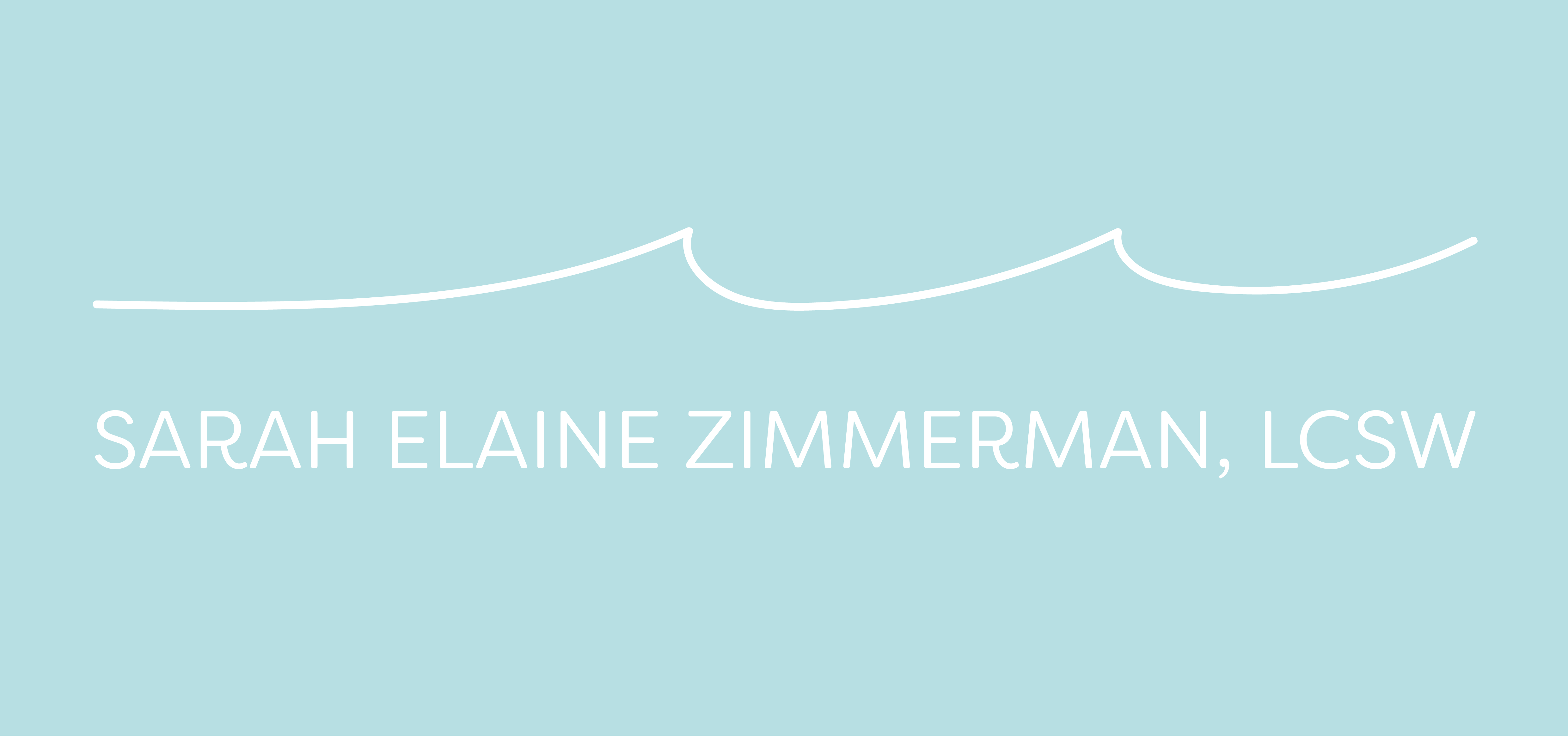By Sarah Elaine Zimmerman
● Self Care ● Anxiety/Stress ●
Is Self-Care A Selfish Act?
Decreasing Trauma, Anxiety and Depression through Self-care.
Self-care is an important part of your mental health care and an act of self-compassion. If you don’t allow yourself time to recharge, relax and feel restored, you won’t be able to fulfill your daily responsibilities indefinitely. Your body will run out of steam at some point and feel resentful, exhausted and irritable. Burning the candle at both ends can actually be dangerous. In our modern society, it’s impossible to avoid having some degree of stress in your life. However, when you are exposed to frequent stressors and don’t take time to regulate your nervous system, stress can become anxiety. According to WebMD, 18% of American adults are affected by an anxiety disorder each year.
The good news:
We know from neuroscience that the brain continues to be shaped by new experiences, both individually and interpersonally. Acts of self-care are activities that provide an effective and easy way for you to positively re-wire your brain. You can change your life with small habits.
What does self-care look like?
Self-care is individualized and there is no right or wrong way as long as the choices are healthy (self-soothing, NOT self-harmful) and produce a sense of well-being and peace. It is probably not realistic to meet every need on a daily basis. Start with your favorite activities at least three times a week and work up to more. Aim for a good enough practice, not the pressure of perfection. It may also help to focus on the entire week, or 2, and schedule different plans to look forward to. You deserve to take the time to balance your physical needs, spend time with others, engage in creative outlets, honor emotional release and reserve time for spirituality.
Here are some practical suggestions:
- Physical needs: adequate sleep, eating healthy foods, breath work, and exercise
- Social time: either one on one, large groups or with animals. Whatever is more energizing.
- Creative time: reading, art, music or dance
- Spiritual needs: Prayer, attending a house of worship or meditation.
- Emotional: Journaling, spending time in nature, self-help books, talking about feelings with a friend, working with a therapist.
Self-care is essential. If you need some support with getting started please give me a call today (561) 508-8809. I would love to help you prioritize your self-care, decrease your stress levels and create your individualized strategy of coping skills.
Disclaimer: This post is for informational and educational purposes only and does not constitute a therapist-patient relationship. This comment reflects my professional view and opinion. It is one of many possible perspectives and is not a substitute for seeking mental health services.




